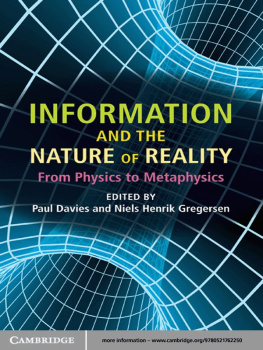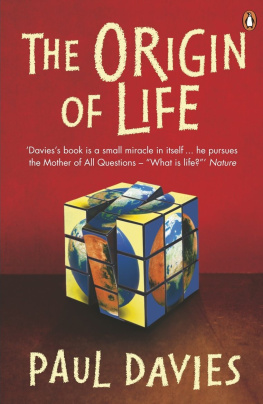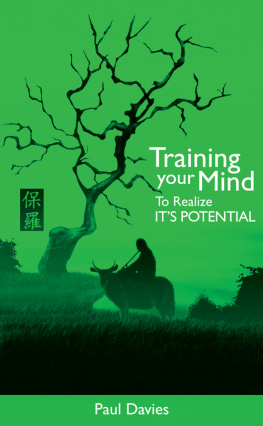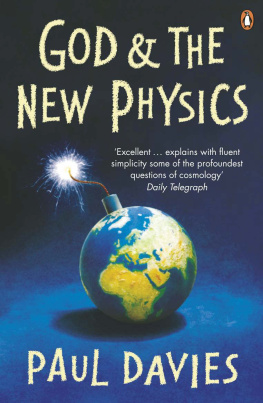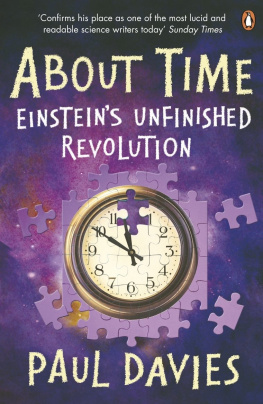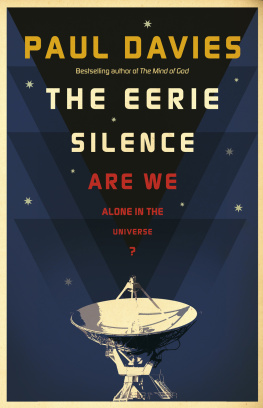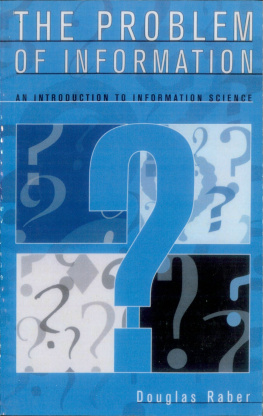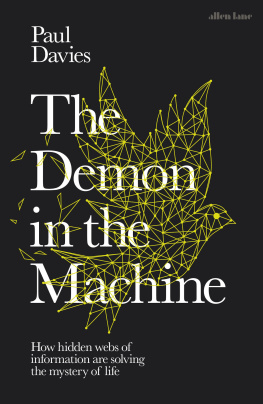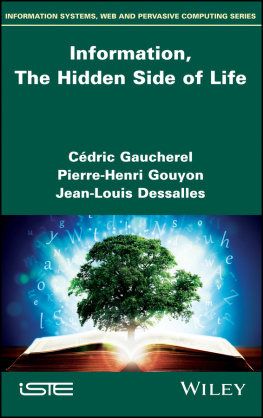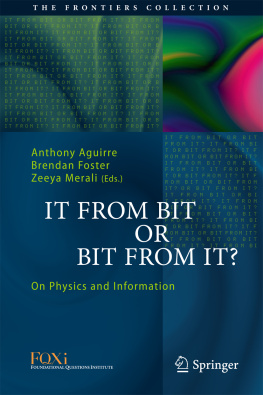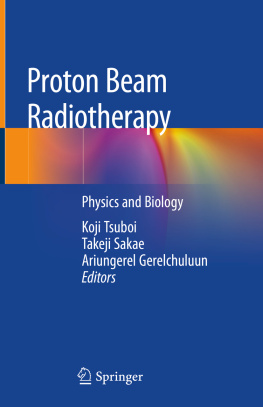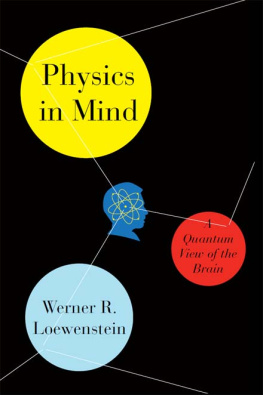Philip Clayton
(PhD Yale, 1986) is Ingraham Professor of Theology, Claremont School of Theology, and Professor of Religion and Philosophy, Claremont Graduate University. His areas of research include science and religion, philosophical theology, constructive theology, and metaphysics. He is author of God and Contemporary Science (1998) and Mind and Emergence (2004) and he has more recently written Adventures in the Spirit (2008) and In Quest of Freedom: The Emergence of Spirit in the Natural World (2009). Among his influential edited books are The Re-Emergence of Emergence (2006, with Paul Davies) and The Oxford Handbook of Religion and Science (2006).
Paul Davies
(PhD London, 1970) has held university positions at Cambridge, London, Newcastle, Adelaide, and Sydney before joining Arizona State University as Professor and Director of Beyond: Center for Fundamental Concepts in Science. He has helped develop quantum field theory, and alongside his scientific work in cosmology and atomic astrophysics he has maintained interests in the origin of time asymmetry and astrobiology. He has written more than 25 books, both popular and specialist works, including About Time (1995), The Fifth Miracle (1998), How to Build a Time Machine (2002), The Goldilocks Enigma (2007) and The Eerie Silence (2010). He has received many awards, including the 2001 Kelvin Medal, the 2002 Faraday prize, and in 1995 the Templeton Prize.
Terrence W. Deacon
(PhD Harvard, 1984) taught for many years at Harvard University and Boston University, until in 2002 he joined the Department of Anthropology and the Helen Wills Neuroscience Institute at University of California, Berkeley. In his many articles and book chapters, Deacons research combines human evolutionary biology and neuroscience in the investigation of the evolution of human cognition. His acclaimed book, The Symbolic Species: the Co-Evolution of Language and Brain , was published in 1997, and has been translated into several languages. In 2007 he was awarded the Staley Prize by the School of American Research.
Niels Henrik Gregersen
(PhD Copenhagen University, 1987) is Professor of Systematic Theology at Copenhagen University, and Co-Director of the Centre for Naturalism and Christian Semantics. His areas of research are contemporary theology and science and religion, with a special emphasis on the complexity sciences and current developments in evolutionary biology. He is author of four books and more than 150 scholarly articles. He has edited or co-edited 15 books on science and religion, including Design and Disorder (2001), From Complexity to Life (2003), and The Gift of Grace (2005).
John F. Haught
(PhD Catholic University, 1970) is Senior Fellow, Science & Religion, Woodstock Theological Center, Georgetown University. His area of specialization is systematic theology, with a particular interest in issues pertaining to science, cosmology, evolution, ecology, and religion. He is the author of 17 books, most of them on the subject of science and religion. His latest books are: God and the New Atheism: A Critical Response to Dawkins, Harris and Hitchens (2008) and Making Sense of Evolution: Darwin, God, and the Drama of Life (2010).
Jesper Hoffmeyer
is Professor Emeritus in the Department of Molecular Biology, University of Copenhagen. Hoffmeyer did work in experimental biochemistry in the 1970s, but gradually turned his research interests towards questions of theoretical biology: since 1988 in biosemiotics. Recent publications include A Legacy of Living Systems: Gregory Bateson as Precursor to Biosemiotics (2008) (as editor) and his major work Biosemiotics : An Examination into the Signs of Life and the Life of Signs (2008).
Bernd-olaf Kppers
studied physics and mathematics at the universities of Bonn and Gttingen. From 1971 to 1993 he worked at the Max Planck Institute for Biophysical Chemistry in Gttingen. Since 1994 he has been Professor of Natural Philosophy at the Friedrich Schiller University of Jena, and since 2008 also Director of the Frege Centre for Structural Sciences. Books include Molecular Theory of Evolution (1985), Information and the Origin of Life (1990), Natur als Organismus (1992), Nur Wissen kann Wissen beherrschen (2008) and Wissen statt Moral (2010). He is a member of Germanys National Academy of Sciences and of the Academia Europaea, London.
Seth Lloyd
received his BA in physics from Harvard, his MPhil in philosophy of science from Cambridge, and his PhD in physics from Rockefeller University under the supervision of Heinz Pagels. After working at Caltech and Los Alamos, he joined the faculty at MIT, where he is Professor of Quantum-Mechanical Engineering. His research focuses on how physical systems process information. Lloyd was the first person to develop a realizable model for quantum computation. He is the author of Programming the Universe (2006) and is currently the Director of the W. M. Keck Center for Extreme Quantum Information Theory at MIT.
Ernan Mcmullin
is the OHara Professor Emeritus of Philosophy and Founder Director of the Program in History and Philosophy of Science at the Notre Dame University. As a philosopher of science he has written and lectured extensively on subjects ranging from the relationship between cosmology and theology to the impact of Darwinism on Western religious thought. Among the books he has written or edited are The Concept of Matter (1963), Newton on Matter and Activity (1978), Construction and Constraint: The Shaping of Scientific Rationality (1988), The Philosophical Consequences of Quantum Theory (with James Cushing, 1989), The Church and Galileo (2005).

